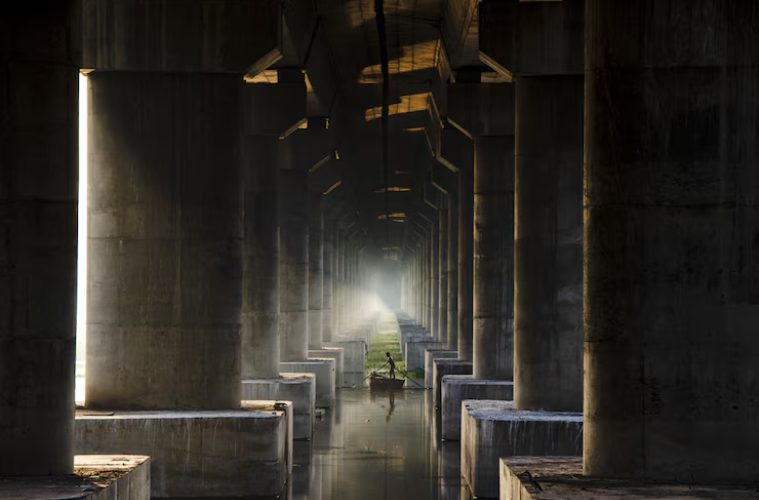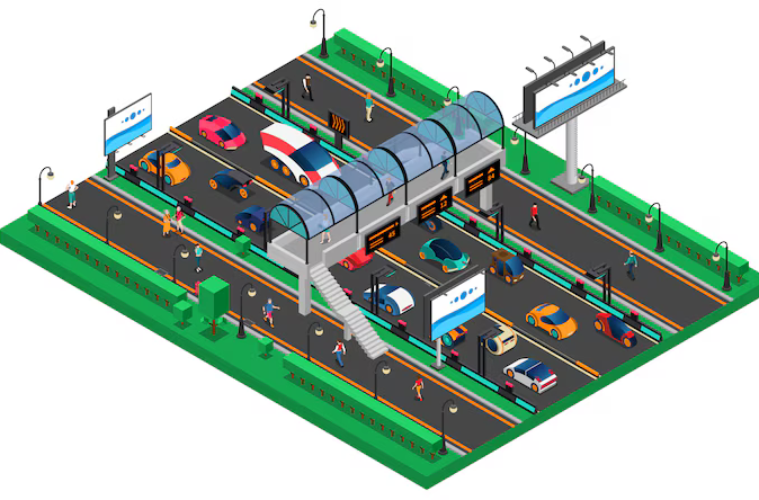Less Is More: Why I’m Fascinated by Micro-Housing & the Tiny Home Movement

Strong 8k brings an ultra-HD IPTV experience to your living room and your pocket.
By Suma – Content Strategist, Minimalism Admirer & Architecture Geek on a Budget 😄
Hey friends! 👋
You know that cozy fantasy of living in a sunlit, wood-paneled little house nestled in nature — with a compact kitchen, a book nook, and just enough space for peace? 💭 That’s not just a Pinterest dream anymore. Welcome to the tiny home movement and the rise of micro-housing — a global trend that’s redefining how we think about “home.”
As someone who writes about architecture, sustainability, and urban living, I’ve been absolutely hooked on this topic. 💡 Whether it’s because of affordability, environmental consciousness, or just wanting to simplify, more and more people are choosing smaller, smarter, and more intentional living spaces.
So here’s my deep dive into tiny homes — from facts and feelings to functionality! 🛖
🧐 First, What Are Tiny Homes & Micro-Housing?
Let’s break it down real quick:
Tiny House: A residential structure under 400 sq. ft (or around 37 sqm). Some are fixed; others are mobile. 🚐
Micro-Housing: Slightly broader — includes compact apartments, co-living pods, and modular prefab units, usually under 300–500 sq. ft, mostly urban.
According to Wikipedia, the tiny house movement began in the U.S. as a reaction to housing unaffordability and consumer excess — but it’s now a global thing. 🌎
In cities like Tokyo, New York, and even Mumbai or Bengaluru, space is tight, rent is high, and people are thinking small — but smart.
💬 Why I Love the Tiny Home Philosophy
Here’s the thing: I live in a modest rental in a metro city. I don’t own a villa (yet 😅), but the tiny home mindset has taught me a lot about intentional living.
It’s not just about square footage. It’s about:
✨ Function over fluff
🧘♀️ Minimalism = mental clarity
🌿 Lower footprint, higher sustainability
💰 Affordability without losing dignity
🎯 Design that focuses on how you live, not just where
Honestly, if I ever built my own space, I’d start with a 1BHK-style tiny home — and grow from there if needed.
📦 What Makes a Tiny Home "Smart"?
Smart doesn’t mean “techy” — it means well-designed. Here’s what great tiny homes get so right:
✅ Multi-functional furniture
→ A bed that folds into a sofa? A dining table that slides under a counter? YES, please.
✅ Vertical thinking
→ Storage above doors, under stairs, on walls — every nook counts.
✅ Natural lighting
→ Large windows and skylights make tiny homes feel huge inside.
✅ Outdoor integration
→ Tiny patios, foldable decks, and rooftop green spaces add liveable square footage.
✅ Modular + prefab builds
→ Speeds up construction and cuts costs. Ideal for Indian climates too!
🇮🇳 Tiny Homes in India: Slow but Growing
The tiny home movement is still catching on in India, but signs are everywhere:
Micro-apartments in Mumbai, Pune, and Bangalore (some 180–250 sq. ft!)
Container homes used by eco-resorts and off-grid livers in Kerala, Himachal, and Goa
Prefab cabins for quick rural housing solutions
Co-living pods for students and digital nomads in Gurugram and Hyderabad
Builders featured on The Indian Architecture have even experimented with bamboo pods, shipping containers, and compressed earth blocks for compact-yet-comfortable living.
💡Pro tip: If you're an architect designing for India, think climate-smart, modular, and community-oriented.
📈 Why the Tiny Trend Is Here to Stay
Here are a few reasons micro-living is gaining major traction:
Reason
Why it matters
🌆 Urban housing crunch
Cities can't expand forever. Tiny units fill gaps.
💸 Affordability crisis
Rising rents = need for budget-friendly homes
🌿 Eco-consciousness
Less material use, lower energy bills, fewer emissions
🧳 Mobile lifestyles
Perfect for freelancers, remote workers, solo livers
😌 Minimalist mindset
People are done with clutter and debt-heavy lifestyles
Even Bollywood celebrities are endorsing minimal homes now. It’s a vibe!
🧾 Pros & Cons: Let’s Be Real
✅ Pros
❌ Cons
Lower cost of building and maintaining
Space limitations (duh!)
Encourages a decluttered lifestyle
Tough for big families or joint setups
Lower environmental footprint
Zoning & permit restrictions in some areas
Mobile homes offer flexibility
Can lack privacy if not well-designed
Easier to clean and maintain
Some feel “boxed in” mentally or emotionally
💬 My take? It’s all about balance. You don’t have to go extreme — even a compact 1BHK or studio flat can follow tiny home principles.
🧠 Fun Facts I Bet You Didn’t Know!
In Tokyo, “Capsule Hotels” are the OG tiny living spaces — some are as small as 35 sq. ft! 🛏️
In India, urban microflats have been around since the chawl and jhuggi-jhopri system — tiny homes out of necessity, now becoming aspirational.
There are tiny home Airbnbs in India made from old buses, containers, and even mud! Check out Kerala, Auroville, and Himachal.
Some tiny homes run entirely on solar, with compost toilets and rainwater harvesting. Off-grid heaven! 🌞🚽🌧️
🛠️ Design Tips from Architects I’ve Worked With
In my writing career, I’ve collaborated with multiple architects and firms building in the affordable/tiny home space. Here’s what the best ones told me:
💡 Design for the lifestyle, not the square footage
🪟 Use light, color, and mirrors to expand visual space
🧱 Don’t compromise on insulation, ventilation, or sanitation
🏕️ Blend indoor & outdoor living where possible
🔄 Modularity is your best friend
If you’ve got tiny home projects or ideas, do consider publishing with WriteForUsArchitecture — your voice matters in this space!
💬 Final Thoughts from Me (Suma 💛)
Micro-housing isn't just about less space — it's about more purpose. More freedom. More creativity. More soul.
Whether you live in 200 sq. ft or 2000, what matters most is how well your space serves your life — your work, your rest, your relationships, your passions.
So here’s to downsizing the clutter and upsizing the joy. 🌈
Because honestly? Big dreams can live in small spaces too. ✨
Note: IndiBlogHub features both user-submitted and editorial content. We do not verify third-party contributions. Read our Disclaimer and Privacy Policyfor details.







